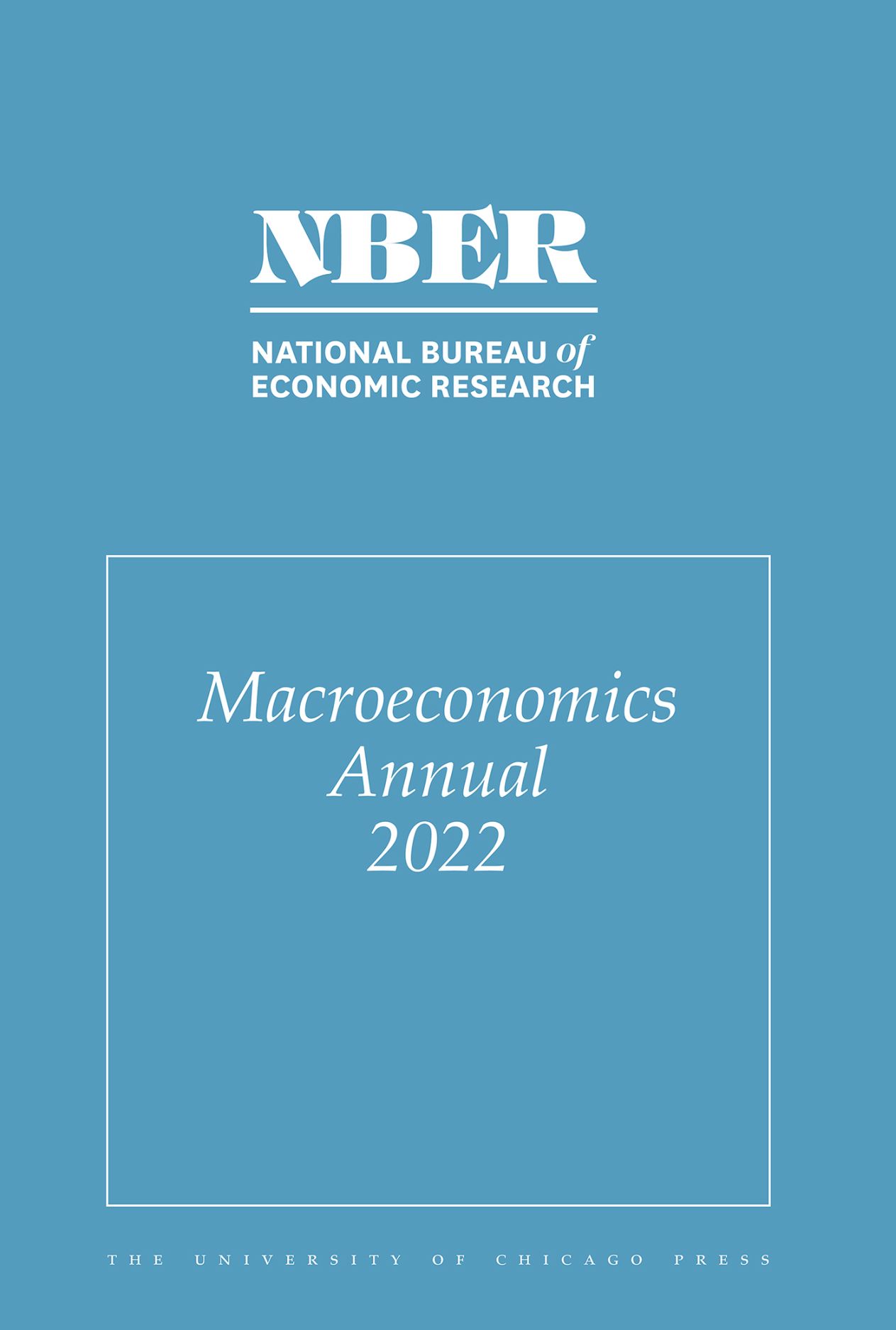Discussion
IF 10.7
1区 经济学
Q1 ECONOMICS
引用次数: 0
Abstract
Following up on Ricardo Reis’s discussion, Martin Eichenbaum asked a question on disagreement in models with heterogeneous beliefs, which sparked a general discussion on the topic. In practice, disagreement between agents seems to be very persistent. He asked whether the authors’ model and the modification suggested by the discussant were consistent with this observation.Alp Simsek secondedEichenbaum’s comment, pointing out that most models with dispersed information, including the authors’, have the implication that if an individualwere to elicit other agents’ expectations, shewould account for this new information. In otherwords, if average beliefs were part of the current information set, individuals would update their own beliefs in response. This does not seem to be supported by the data, he claimed. Simsek’s own empirical analysis of the Blue Chip Financial Forecasts in Ricardo Caballero and Alp Simsek (“Monetary Policy with OpinionatedMarkets” [Working Paper no. 27313, NBER, Cambridge, MA, 2020]) finds evidence in support of confident disagreement: past individual forecasts are abetter predictor for future individual forecasts than past consensus forecasts. This fact seems to indicate that forecasters have dogmatic beliefs and do not consider the other agents to have useful informationwhen forming expectations for the future. It is important to take this into account for understanding how agents respond to new information, he claimed. The authors answered to the remarks on the role of disagreement among agents arguing that it does not have material consequences for the implications of their theory. There are two arguments that support this conclusion. First, the actual level of information precision is irrelevant for shaping aggregate outcomes. It is the perceived level of precision讨论
继Ricardo Reis的讨论之后,Martin Eichenbaum提出了一个关于具有异质信念的模型中的分歧的问题,这引发了对该主题的一般性讨论。在实践中,代理人之间的分歧似乎一直存在。他询问作者的模型和讨论者建议的修改是否与这一观察结果一致。Alp Simsek赞同Eichenbaum的评论,指出大多数信息分散的模型,包括作者的模型,都意味着如果一个人想引起其他代理人的期望,她会解释这些新信息。换句话说,如果平均信念是当前信息集的一部分,个体会更新自己的信念作为回应。他声称,这似乎没有得到数据的支持。Simsek在Ricardo Caballero和Alp Simsek(“OpinionatedMarkets的货币政策”[工作文件编号27313,NBER,Cambridge,MA,2020])中对蓝筹股金融预测的实证分析发现了支持自信分歧的证据:过去的个人预测比过去的一致预测更能预测未来的个人预测。这一事实似乎表明,预测者有着教条主义的信念,在对未来形成预期时,并不认为其他主体拥有有用的信息。他声称,重要的是要考虑到这一点,以了解特工对新信息的反应。作者回答了关于代理人之间分歧的作用的评论,认为这对他们理论的含义没有实质性后果。有两个论点支持这一结论。首先,信息精度的实际水平与形成总体结果无关。它是感知到的精度水平
本文章由计算机程序翻译,如有差异,请以英文原文为准。
求助全文
约1分钟内获得全文
求助全文
来源期刊

Nber Macroeconomics Annual
ECONOMICS-
CiteScore
5.10
自引率
0.00%
发文量
23
期刊介绍:
The Nber Macroeconomics Annual provides a forum for important debates in contemporary macroeconomics and major developments in the theory of macroeconomic analysis and policy that include leading economists from a variety of fields.
 求助内容:
求助内容: 应助结果提醒方式:
应助结果提醒方式:


